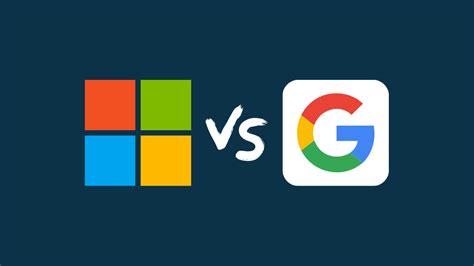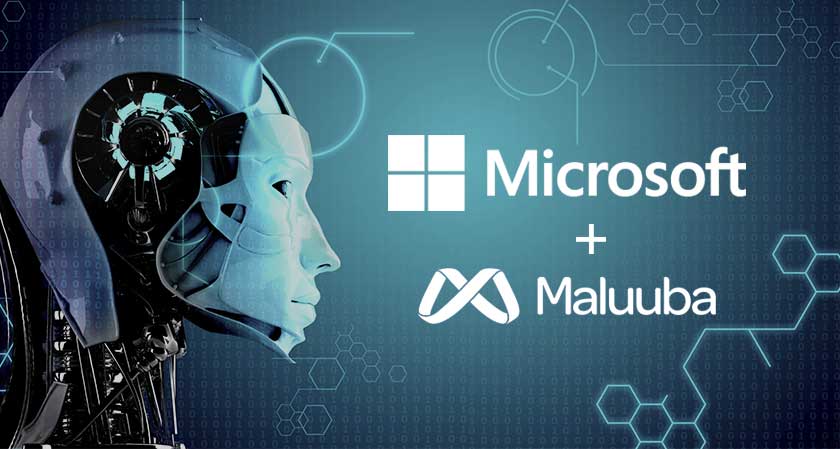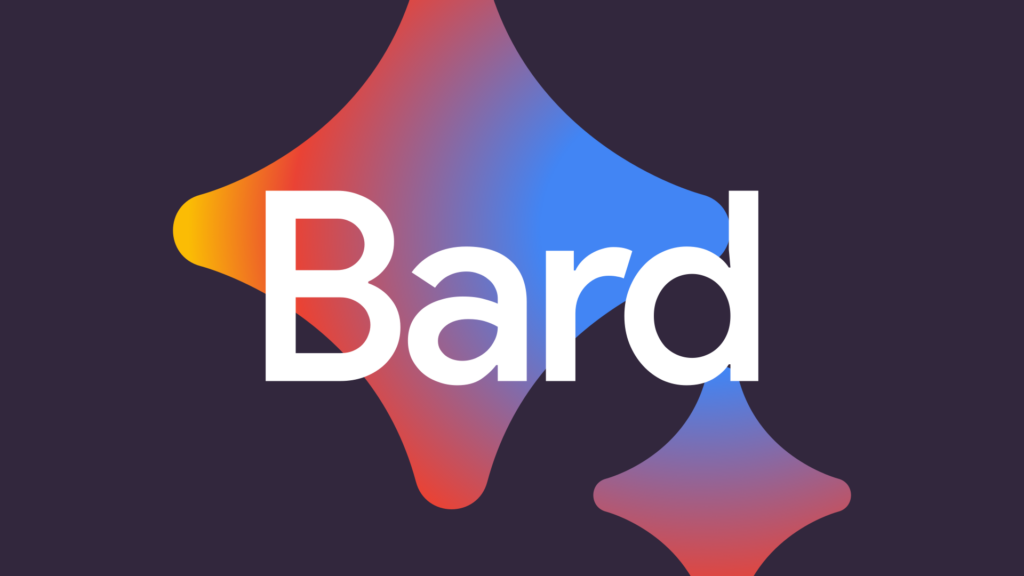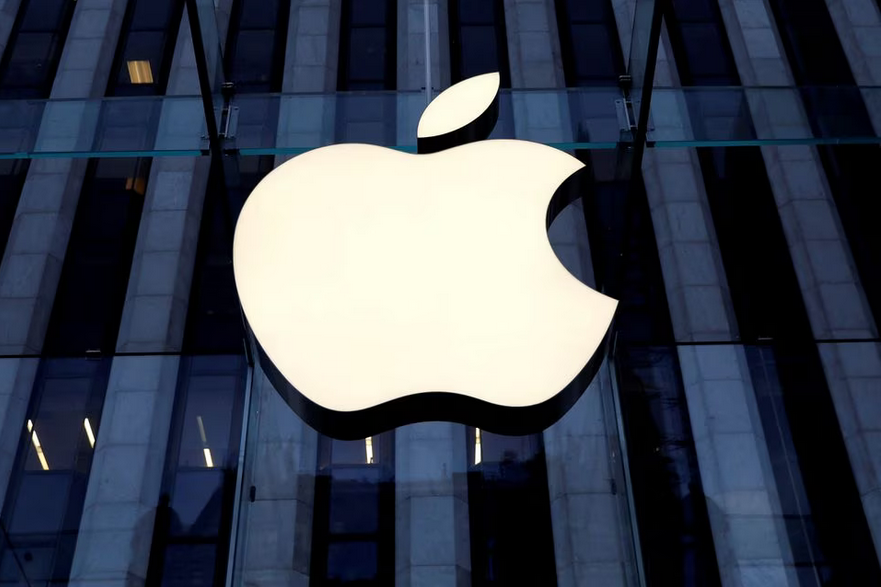In a week marked by major product unveilings, both Microsoft and Google are sending a clear signal: they are committed to integrating generative artificial intelligence (AI) at the heart of their computing ecosystems.
This development carries significant importance for the tech giants, as they view AI as a new frontier in competitiveness and an opportunity to reinvigorate their flagship products, such as Microsoft Windows and Google Search.

Microsoft’s unification efforts
Microsoft has been steadily incorporating AI assistants into its suite of apps and products throughout the year. At a recent fall event, the company revealed an ambitious plan to unify these assistants under a single banner known as Microsoft Copilot. This supercharged AI will draw knowledge from various apps and data sources and serve both business and consumer purposes.
Some notable updates from Microsoft include:
- A forthcoming update to Windows 11 that introduces Windows Copilot, integrates Dall-E 3 into Bing, and enhances AI features in apps like Paint, Photos, and screenshot tools.
- Leveraging AI to streamline tasks such as computer backups and transitioning to new devices.

Google’s AI integration efforts
Google has been on its own mission to infuse AI across its product spectrum. Recent announcements from Google include:
- Enhancements to the Bard chatbot, aimed at providing more reliable answers. This is crucial for Google, which built its reputation on offering trustworthy information and aims to combat AI’s tendency to “hallucinate.”
- Allowing users to connect Bard to their Google data, including Gmail archives and Google Docs files.
- Introducing AI-powered features to simplify video editing and publishing for YouTube creators, like the Aloud tool that enables automatic dubbing into different languages.
A paradigm shift in computing
For many years, selecting a computing platform meant choosing between operating systems, browsers, or mobile platforms. However, AI is altering this landscape by introducing new criteria for users to consider when selecting digital tools. With AI’s ability to assist users in tasks through natural language queries and commands, Microsoft and Google are reimagining the potential of their core products.

Microsoft’s strategic advantage
Microsoft‘s timing for embracing the generative AI revolution is fortuitous. Over the years, the company has quietly amassed a range of technological assets beyond its desktop offerings, from strategic partnerships with OpenAI to its prowess in cloud computing with Azure. Moreover, the company has put its epic antitrust battles behind it, enabling it to integrate innovative capabilities into Windows without triggering regulatory concerns.
Looking ahead
While integrating Microsoft‘s various Copilots into a unified meta-assistant will be a gradual process, the company’s recent announcements signal its long-term intentions. The current fragmentation of AI features across different products reflects the rapid evolution of this technology, but convergence is the logical next step.
A renewed energy at Microsoft
Inside Microsoft, there is a palpable “renewed hunger” reminiscent of college days, according to Aaron Woodman, Microsoft‘s vice president of Windows marketing. Unlike his previous 26 years at the company, where Microsoft often seemed to wait for technology to mature before making strategic moves, the current atmosphere is charged with a sense of proactivity.

Apple’s caution
While Microsoft and Google charge ahead with AI integration, Apple remains conspicuously absent from this competition. The iPhone’s dominance in the market means that these AI tools will eventually find their way onto Apple‘s turf. However, Apple has taken a cautious approach, adding features based on generative AI technology incrementally. Nevertheless, the underlying transformer technology has boosted features like dictation and autocomplete in iOS 17, and rumors suggest the company is internally testing its own GPT-like engine.
In summary, Microsoft and Google are taking bold steps to make AI an integral part of their computing ecosystems, reshaping the way users interact with their products and services. The competition is heating up, with Apple poised to enter the race in due time. AI’s transformative potential promises exciting developments in the tech world in the years to come.








